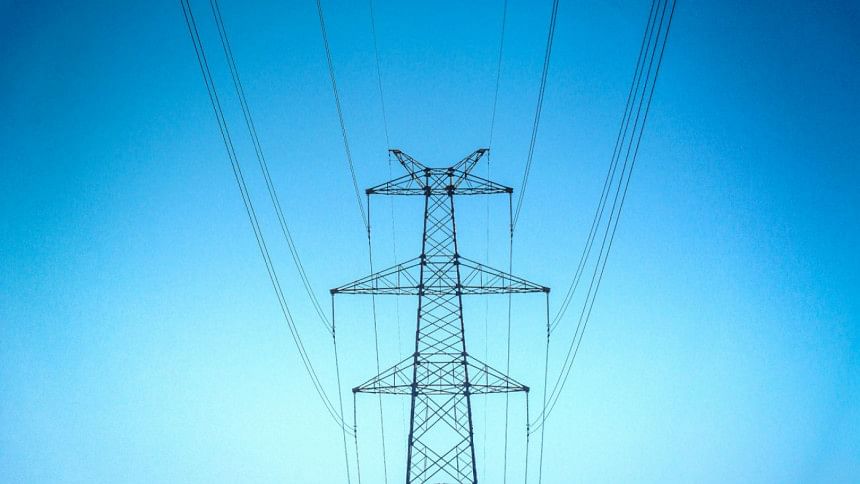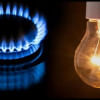Why another hike in power tariff?

The Bangladesh Energy Regulatory Commission (BERC) is going to hold a seven-day public hearing on September 25 to discuss the proposals of state-run power distribution companies to raise electricity tariff. BERC had earlier asked these entities to revise their original proposals and this has been done. It is somewhat perplexing to find that the government is actually considering a power tariff hike at a time when a significant portion of the electricity generated comes from the 50 oil-fired power plants that run on oil, and the price of oil has been flat in the international market for some time now.
When we take the cost of electricity generation, we see a pattern of falling costs. Indeed, according to a report in a leading English daily, "the average electricity generation cost fell by 11.48 percent to Tk 5.55 per unit (1 kilowatt-hour) in the FY 2015-16 compared to Tk 6.27 per unit in the FY 2014-15 due to sharp fall in oil prices in the international market." As we move to the privately-owned power plants, one finds that these power plants are paying Tk 24 per litre of furnace oil (which is much lower than the price in the local market, which stands at Tk 42). This is so because these companies enjoy both duty and tax waiver for the import of furnace oil to generate electricity. Interestingly, BPDB pays Bangladesh Petroleum Corporation (BPC) for oil at the government rate which is much higher than the price in the international market. If the government were to waive duties on import of furnace oil by BPC, then the generation costs of oil-fired power plants would fall significantly. Instead of exploring such measures, we are looking at the prospect of another round of rise in electricity bills as BPC insists on making profit at the cost of the consumers.
"While revising prices upward is probably inevitable, without having any monitoring mechanisms in place to stop unscrupulous business entities from taking advantage of government inefficiency, as a regulator, what guarantee can the government give to the consumers that they will not be exploited with higher retail prices?
The rationale in the past was that BPC owed the government a huge amount in loans and hence it needed to keep the price of oil inflated. The government argument was that the higher profit earned by BPC would enable the government to spend more on public welfare. But the reality is that there is no logic to another hike when we find that BERC has raised retail pricing of electricity by 69.25 percent to Tk 6.33 per unit from Tk 3.76 per unit in eight phases from March 2010 to September 2015 with the logic of higher prices of imported oil. A similar scenario exists in the bulk price of electricity. What we gather from media reports is that the current proposal by distribution entities is to hike tariff because they are incurring losses due to prices set by BERC in September 2015.
The general trend has been to pass on "losses" sustained by state-owned entities to retail and bulk consumers alike without so much as reducing a part of their profit or efficiency. Does the government care for rewarding efficient management and cost saving enterprises? If it does, why not provide incentives for those entrepreneurs who can generate power at a better plant and punish (often the managers of the public enterprises) the costlier plants? The same applies to energy efficient industries. If an industry consumes less energy and produces products at market competitive rates and quality, the industry should receive incentives (for instance, a reduced tariff rate). The World Bank suggested not too long ago that BERC, along with Petrobangla, needs to come up with a retail-based pricing mechanism that is built on the basis of costs—production, transmission and distribution. What we do not need is ad-hoc rise of prices like clockwork every year because state-owned companies demand it. Every time prices are raised, the business community and service providers are left in the lurch and simply pass on these added energy bills to consumers.
While revising prices upward is probably inevitable, without having any monitoring mechanisms in place to stop unscrupulous business entities from taking advantage of government inefficiency, as a regulator, what guarantee can the government give to the consumers that they will not be exploited with higher retail prices? BERC is set to hold its hearing on September 25 and from what has been stated in the media, power hikes proposed by different distribution agencies range from 3 to 10.75 percent. Should a hike be accepted, no matter what the percentage, it will bring no respite for consumers at any level and merely pass the buck on to them because state-owned entities wish to keep making profit regardless of the pains it brings to people.
The BPC and BPDB continue to keep the higher prices of fuel (petroleum) and electric energy to accumulate profit at the cost of public sufferings (and receive fat bonuses from company profits). Where are the indices for reducing "system loss" and initiative to make their business market competitive without government subsidies and protection? Until the time comes when efficient managers receive rewards and inefficient ones receive punishment, this spoon feeding culture will continue and a few favoured people will continue to get rich.
Syed Mansur Hashim is Assistant Editor, The Daily Star.









Comments